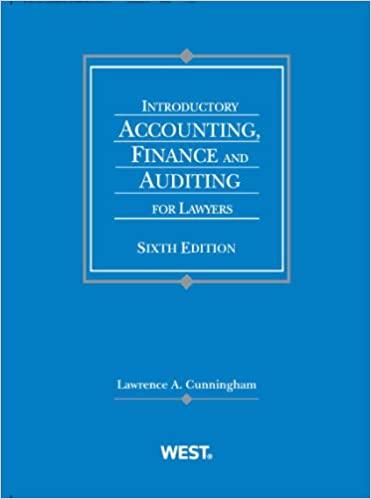Charlotte's salary to June 30 was $70,000. From this, Roadhouse deducted EI and CPP of $4,453 (includes CPP enhanced contributions of $461 ), income tax of $13,000, and $400 for Charlotte's portion of the private group medical insurance premium. An additional premium of $400 was paid by Roadhouse. Also. Roadhouse paid the $800 premium for Charlotte's group term life insurance coverage of $100,000. 2. On June 30 , Charlotte returned the company car that Roadhouse had provided her. The car cost $32,000. and Roadhouse's undepreciated balance was $18,000. Roadhouse also paid the operating costs for the car, which amounted to $2,100. Charlotte drove her car 16,000km, of which 12,000km were for business use. 3. Chariotte travelled by air when working for Roadhouse. Charlotte used her personal credit card and accumulated frequent flyer points. She was reimbursed by Roadhouse for travel costs. In March, she and her partner used some of her accumulated frequentflyer points to obtain free airline tickets for a vacation. As a result, they each saved the $800 airfare. 4. In 2020. Charlotte borrowed $60.000 from Roadhouse. She paid interest at 1% on the loan. Charlotte used the borrowed funds for the down payment to purchase a rental property. Charlotte repaid the loan on June 30 when her employment ended. [Assume CF prescribed interest rate was 3% throughout 2022]. 5. On June 30. Charlotte sold 500 shares of Roadhouse Ltd. for $20 per share to the company's controiling sharehoider. Roadhousc issued the shares to Charlotte at $10 in 2019. At that time, the shares were appraised at \$12. Roadhouse Ltd. is a Canadiancontrolled private corporation. At the time of the share sale, all of Roadhouse's assets were being used in an active business. 6. Charlotte began practising law from her home office on July 1 and registered for HST. She purchased the client list and files of a retiring lawyer for $50,000. She also purchased a computer for $4,000 and a legal library for $5,600. 7. On July 4, Charlotte purchased an automobile for $64.000 plus HST, She used the car 60% of the time for her law practice. 8. For the six months ended December 31, 2022, the financial statements of Charlotte's law practice showed a profit of $164,000. The gross revenue of $194,000 consisted of the following: retiring lawyer for $50,000. She also purchased a computer tor On July 4 . Charlotte purchased an automobile for $64,000 plus HST. She used the car 60% of the time for her law practice. 7. On July 4 Charlotte purchased an a For the six months ended December 31, 2022, the financial statements of Charlotte's law practice showed a profit of $164,000. The gross revenue of $194,000 consisted of the following: 9. Operating expenses for the law practice included the following: 10. Charlotte uses 12 square metres of her house exclusively as an office for her law practice. Expenses for the entire 80 -square-metre home for all of 2022 consist of the following: rlotte uses 12 square metres of her house exclusively as an office for her law practice. Expenses for the entire 80 -square-metre he for all of 2022 consist of the following: he financial statements do not include the home-office costs. Charlotte owns a residential rental property, which she had purchased in 2020 . Details of the rent and expenses in 2022 are as follows: As of December 31 , there were no unpaid rents from the tenant. 2. Charlotte contributed $11,000 to her RRSP and another $1,000 to a spousal RRSP during the year. She has contributed the same amount to the spousal plan for the past four years. On December 20. her spouse withdrew $4,000 from this spousal account. 3. The following additional receipts and disbursements occurred during the year: 4. Charlotte received 100 shares of TXE Ltd., a public corporation. The shares were a stock dividend (eligible) on the 2.000 shares she had purchased at $4 per share five years ago. At the time of the stock dividend, the shares were trading at $8. She sold the 100 stock dividend shares in December, at $7. 2020 tax return. Her employer willingly gave her the time off from work to attend the convention even though it was not directly related to her work. In 2022. Charlotte received a reassessment notice from the CRA disallowing the entire convention expense deduction. Now that Charlotte is practising law, she will attend the 2023 convention to upgrade her skills. 7. A review of Charlotte's 2021 tax return shows the following: Based on your answer to part (a), calculate Charlotte's federal income tax for the 2022 taxation year. Why did the CRA deny the deduction of Charlotte's 2020 convention expenses? Can she obtain a deduction for the proposed 2023 convention? If so, why












